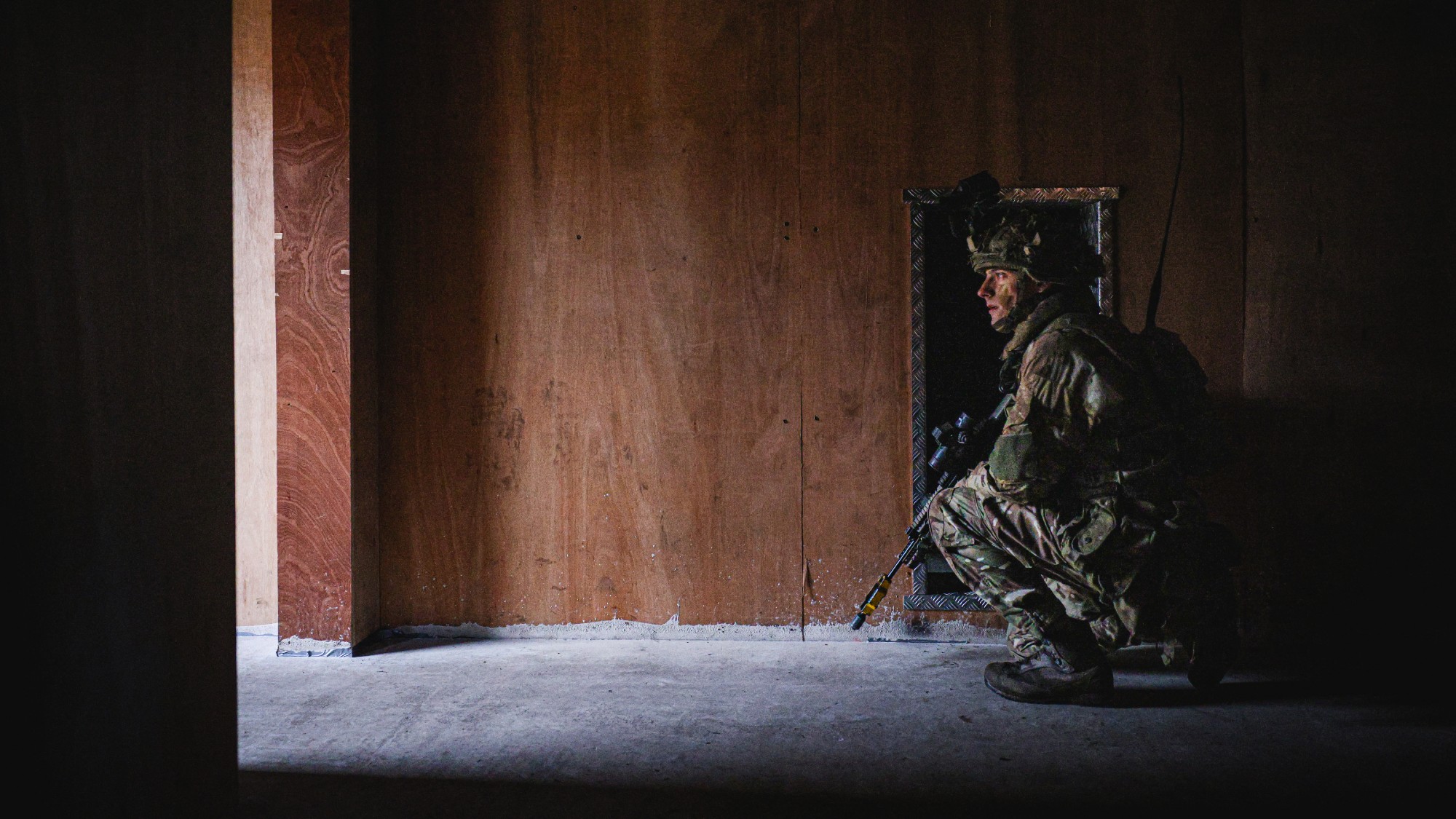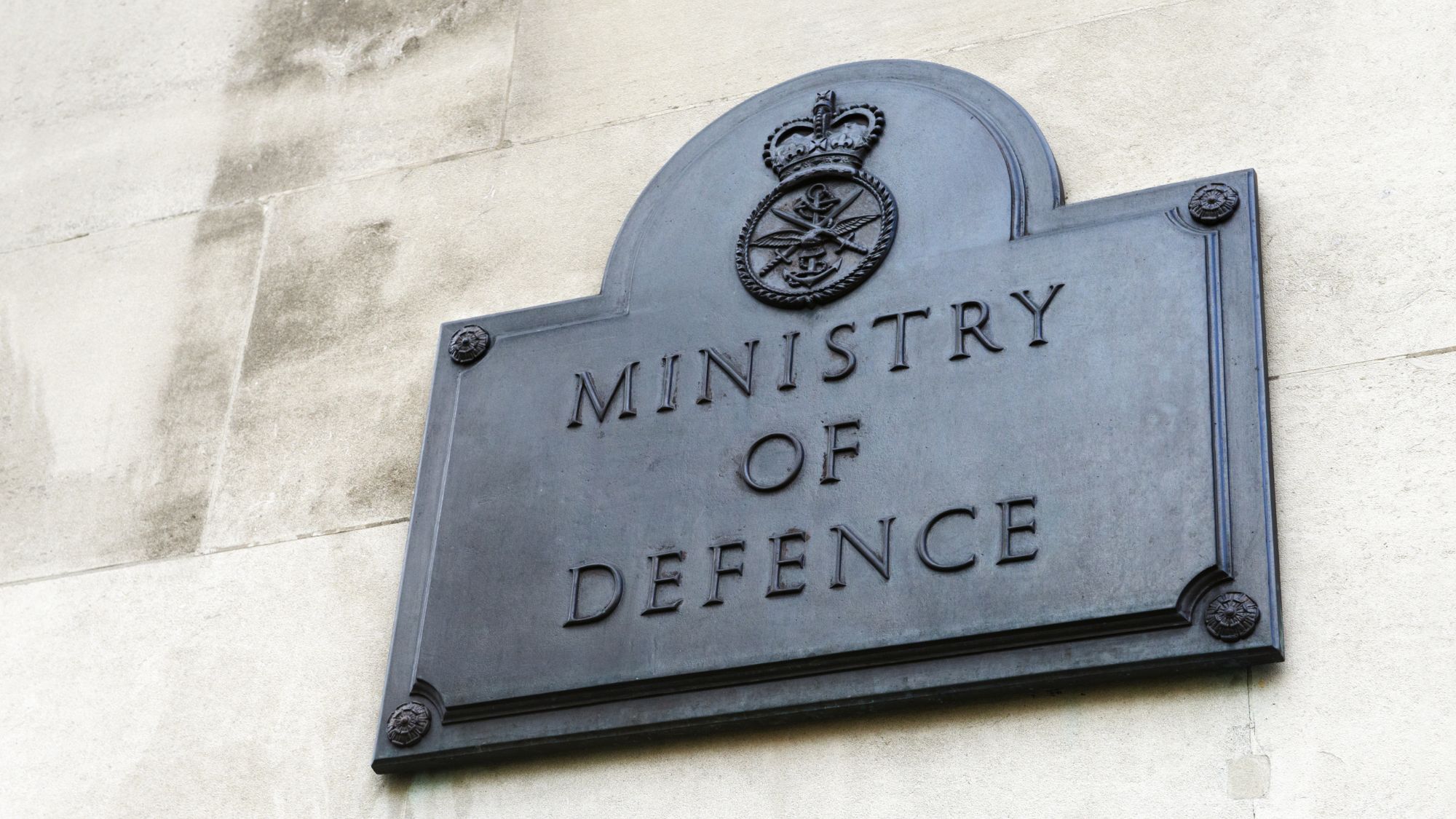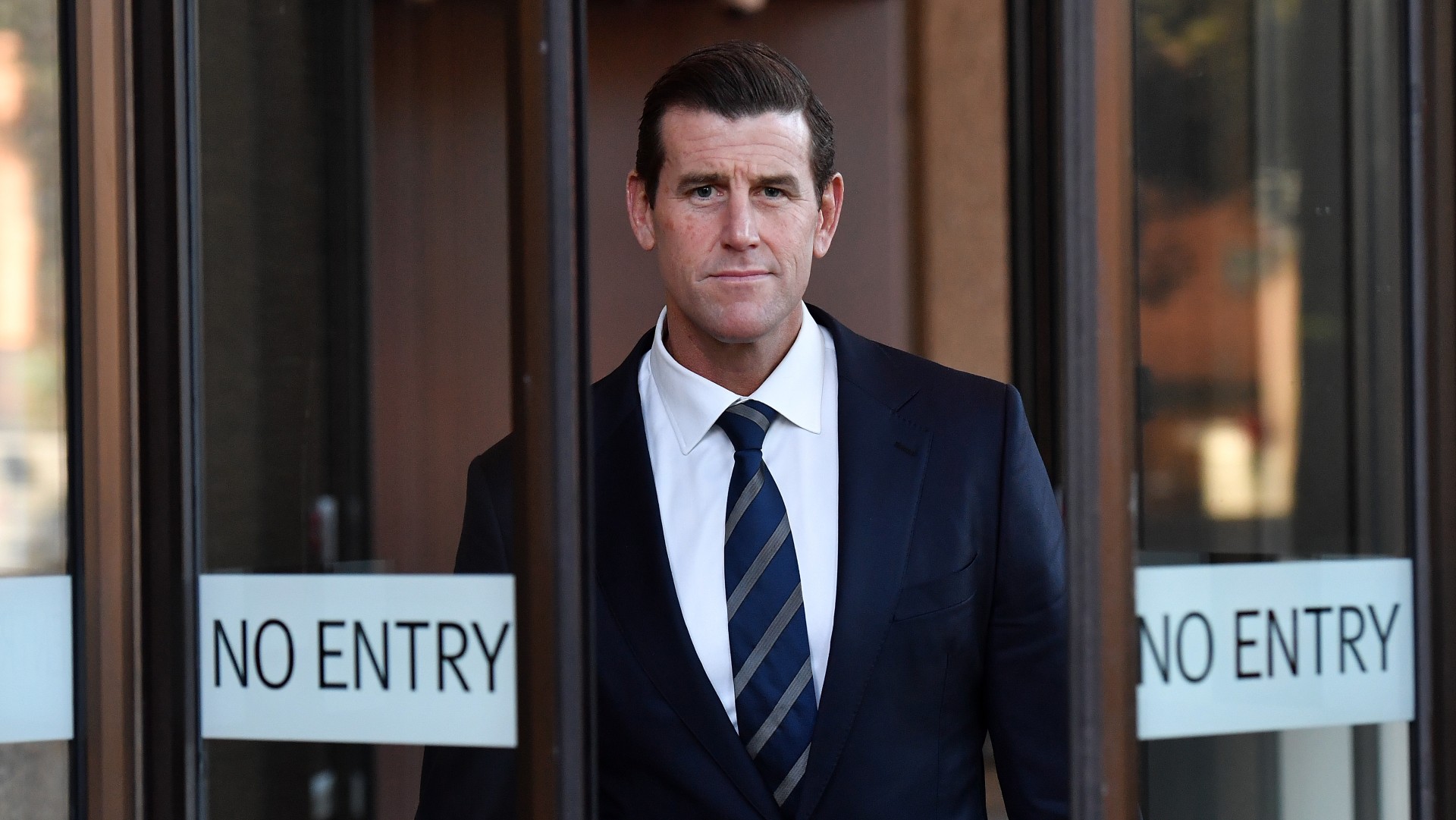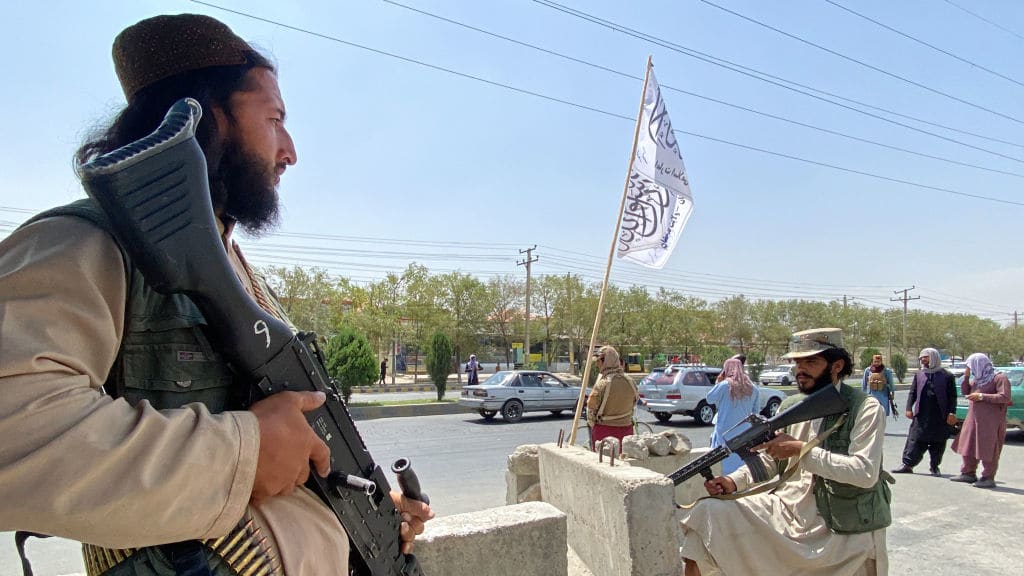Operation Rubific: the government's secret Afghan relocation scheme
Massive data leak a 'national embarrassment' that has ended up costing taxpayer billions

A free daily email with the biggest news stories of the day – and the best features from TheWeek.com
You are now subscribed
Your newsletter sign-up was successful
Details of a multibillion-pound Afghan resettlement scheme sparked by a major data breach have finally been revealed – after an unprecedented 600-day super-injunction against the media and parliament was lifted.
What was leaked?
The names, phone numbers and email addresses of around 25,000 Afghans who had applied for relocation to the UK following the Taliban takeover were accidentally released by a British soldier in February 2022. The names included many who had worked closely with UK forces previously deployed to Afghanistan.
The massive data breach was not discovered until August 2023, when screenshots of part of the spreadsheet were anonymously posted online, with a threat to disclose the entire database. It is thought the whole list had been sold, at least once, for a five-figure sum.
The Week
Escape your echo chamber. Get the facts behind the news, plus analysis from multiple perspectives.

Sign up for The Week's Free Newsletters
From our morning news briefing to a weekly Good News Newsletter, get the best of The Week delivered directly to your inbox.
From our morning news briefing to a weekly Good News Newsletter, get the best of The Week delivered directly to your inbox.
Assessment by British intelligence concluded that the breach had put the Afghans and their family members at risk of murder, torture, harassment and intimidation by the Taliban.
The leak is a "national embarrassment", said The Spectator, while The Telegraph called it "unforgivable".
How did the government react?
"What the government did next – and how quickly – was a matter of life and death," said The Times.
Within days, a "top-secret mission to keep the list out of the hands of the Taliban and bring those deemed to be most at risk to the UK, without them knowing why" was under way.
A free daily email with the biggest news stories of the day – and the best features from TheWeek.com
Operation Rubific eventually saw thousands of Afghans relocated to the UK, at a cost of billions of pounds to the taxpayer, in the "biggest covert evacuation operation in peacetime", said The Spectator.
At the same time, a High Court super-injunction prevented the public, media and even Parliament from finding out about the data breach and relocation operation for nearly two years. This was "unprecedented", said London's The Standard. It's thought to be the "first time the Government has sought such an order against the media" and the first made "against the world", rather than a handful of named media outlets or third parties.
Defence Secretary John Healey told the House of Commons on Tuesday that ministers "decided not to tell parliamentarians" about the breach as the "widespread publicity would increase the risk of the Taliban obtaining the data set". He had, however, been "deeply concerned about the lack of transparency".
What was the cost?
Despite the widely reported £7 billion bill for the operation, Ministry of Defence officials insist the direct cost was only ever estimated at around £2 billion. The final bill is expected to be "much lower because the number of eligible Afghans had been reduced", said the Financial Times. So far, around 18,500 people affected have been resettled in Britain, but "most were already eligible under an existing pathway", according to defence officials.
Nevertheless, the revelations "come at a time when Britain's public finances are under heavy strain".
It's also emerged that civil servants had warned the High Court of the risk of "public disorder" when news of the relocation plan finally emerged. And Larisa Brown, the defence editor of The Times, told the presiding judge in that, if made public, it could become an issue in the 2024 election.
In the end, there will probably be lasting damage to public trust and the UK's image abroad, said Afghan veteran Hamish de Bretton-Gordon in The Telegraph. "We cannot turn the clock back, but we can ensure that, in the future, mistakes like these are not repeated. For the sake of our allies and our international good standing, negligence of this kind cannot be tolerated."
-
 How to Get to Heaven from Belfast: a ‘highly entertaining ride’
How to Get to Heaven from Belfast: a ‘highly entertaining ride’The Week Recommends Mystery-comedy from the creator of Derry Girls should be ‘your new binge-watch’
-
 The 8 best TV shows of the 1960s
The 8 best TV shows of the 1960sThe standout shows of this decade take viewers from outer space to the Wild West
-
 Microdramas are booming
Microdramas are boomingUnder the radar Scroll to watch a whole movie
-
 The state of Britain's Armed Forces
The state of Britain's Armed ForcesThe Explainer Geopolitical unrest and the unreliability of the Trump administration have led to a frantic re-evaluation of the UK's military capabilities
-
 British Armed Forces personnel details 'hacked by China'
British Armed Forces personnel details 'hacked by China'Speed Read The Ministry of Defence became aware of the breach 'several days ago'
-
 Labour and nuclear weapons: a turbulent ideological history
Labour and nuclear weapons: a turbulent ideological historyThe Explainer From the 1940s to Keir Starmer, the party leadership has zigzagged in and out of love with the bomb
-
 Grant Shapps goes to war on military's 'woke' diversity policies
Grant Shapps goes to war on military's 'woke' diversity policiesTalking Point Defence secretary condemns 'extremist culture' as Army reportedly plans to relax security checks on overseas recruits
-
 The Taliban’s ‘unprecedented’ crackdown on opium poppy crops in Afghanistan
The Taliban’s ‘unprecedented’ crackdown on opium poppy crops in Afghanistanfeature Cultivation in former poppy-growing heartland Helmand has been slashed from 120,000 hectares to less than 1,000
-
 Ben Roberts-Smith: will more Afghanistan war crimes trials follow?
Ben Roberts-Smith: will more Afghanistan war crimes trials follow?Today's Big Question Former SAS soldier lost defamation case against Australian newspapers that accused him of murder
-
 Can the UK rely on the British Army to defend itself?
Can the UK rely on the British Army to defend itself?Today's Big Question Armed forces in ‘dire state’ and no longer regarded as top-level fighting force, US general warns
-
 Taliban releases 2 Americans held in Afghanistan
Taliban releases 2 Americans held in AfghanistanSpeed Read